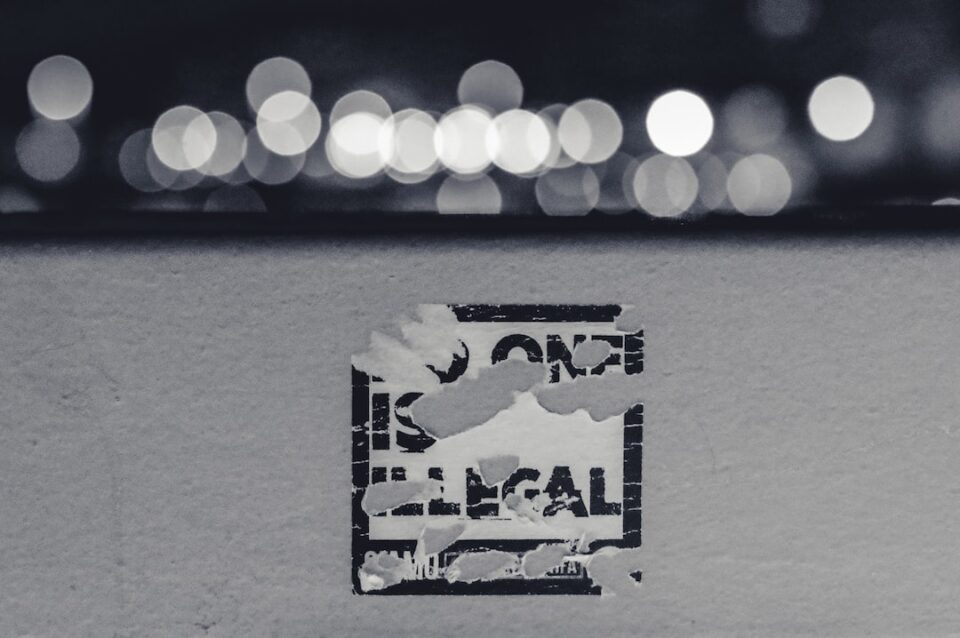A Guide to Choosing the Right Lawyer for Your Legal Needs
When faced with a legal issue, one of the most crucial decisions you have to make is choosing the right lawyer. Whether you are dealing with a personal injury case, business dispute, or seeking legal advice for any other matter, having a knowledgeable and experienced attorney by your side can significantly impact the outcome of your case. Here are some essential factors to consider when selecting the right lawyer for your legal needs.
Area of Expertise:
One of the first things to consider when choosing a lawyer is their area of expertise. Law is a vast field, and attorneys specialize in different areas such as personal injury, family law, criminal defense, employment law, and more. It is essential to find a lawyer who has experience in handling cases similar to yours. A specialist lawyer will have a deep understanding of the relevant laws, the legal system, and possess the necessary skills to handle your case successfully.
Experience and Track Record:
Another important factor to consider is the lawyer’s experience and track record. You want to hire an attorney who has successfully handled similar cases in the past. Assessing their track record will give you an idea of their level of expertise and the likelihood of achieving a favorable outcome. It is also beneficial to inquire about their success rate in negotiating settlements or winning cases at trial.
Reputation and Reviews:
A lawyer’s reputation is a good indicator of their professionalism and reliability. Look for lawyers who have a favorable reputation in the legal community. You can start by asking for recommendations from family, friends, or colleagues who have had positive experiences with attorneys. Additionally, check online reviews and ratings to gauge other clients’ experiences with particular lawyers. Pay close attention to reviews that emphasize traits important to you, such as responsiveness, communication skills, and integrity.
Cost and Fee Structure:
Legal services can be expensive, and it is crucial to discuss the lawyer’s fee structure and establish a clear understanding of the costs involved before hiring them. Some lawyers charge an hourly rate, while others work on a contingency fee basis, where they receive a percentage of any settlement or award you receive. Ensure you have a clear understanding of their billing practices, including any additional expenses such as court fees or administrative costs.
Personal Compatibility:
Lastly, but importantly, choose a lawyer with whom you feel comfortable working. During your initial consultation, pay attention to how well they listen to you, their communication style, and their willingness to answer your questions. A good lawyer should be responsive, empathetic, and patient, as they will play an essential role in guiding you through the legal process. Building a solid working relationship with your lawyer is essential for effective communication and a successful outcome.
In conclusion, choosing the right lawyer for your legal needs requires careful consideration of several factors, including their area of expertise, experience, reputation, and personal compatibility. By taking the time to research and meet with potential lawyers, you can ensure that you find the best fit for your specific legal situation. Remember, a skilled and trustworthy lawyer can provide invaluable guidance and support during challenging times.

